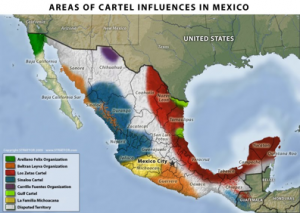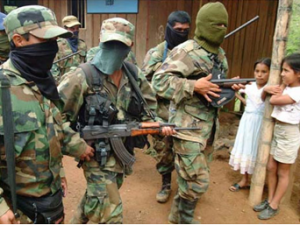Gaby Grijalva was a program and research intern at the SISGI Group. She is a graduate of New York University majoring in Economics and Latin American Studies. During her internship, she focused on human rights violations, migration trends and economic development.
Most commented posts
- Who’s Business Is It? – A Closer Look at Tibet — 2 comments
- Latin America and U.S Disagree Over Cuba — 1 comments








